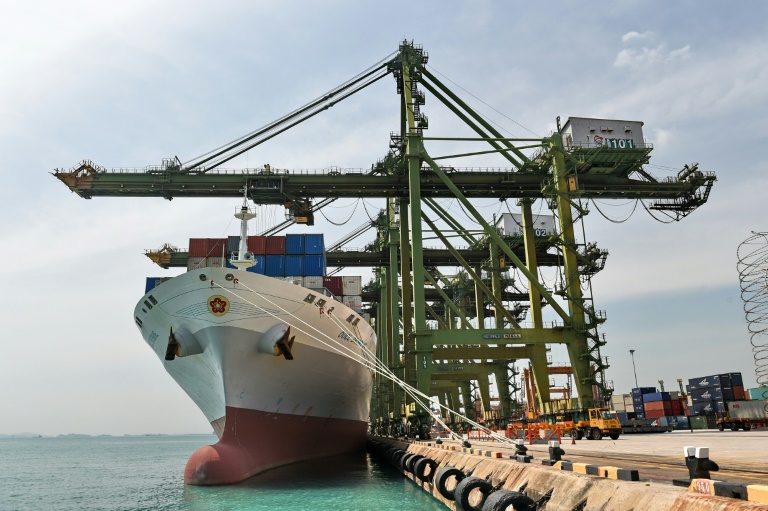-
Tips for becoming a good boxer - November 6, 2020
-
7 expert tips for making your hens night a memorable one - November 6, 2020
-
5 reasons to host your Christmas party on a cruise boat - November 6, 2020
-
What to do when you’re charged with a crime - November 6, 2020
-
Should you get one or multiple dogs? Here’s all you need to know - November 3, 2020
-
A Guide: How to Build Your Very Own Magic Mirror - February 14, 2019
-
Our Top Inspirational Baseball Stars - November 24, 2018
-
Five Tech Tools That Will Help You Turn Your Blog into a Business - November 24, 2018
-
How to Indulge on Vacation without Expanding Your Waist - November 9, 2018
-
5 Strategies for Businesses to Appeal to Today’s Increasingly Mobile-Crazed Customers - November 9, 2018
India disappointed over non-reaffirmation of Doha round
According to the Nairobi Declaration approved at the conference, developed members shall immediately eliminate their scheduled export subsidies while the developing country members shall do so by 2018. The agreement also recognizes developing countries’ right to special safeguard mechanism aimed at protecting their farmers.
Advertisement
LOCKED HORNS The developing and underdeveloped nations locked horns with their developed brethren over continuing the Doha agenda of the World Trade Organization.
When the conference ended late last evening, the delegations had agreed to eliminate production and export subsidies, which have been blamed for distorting market prices by keeping them artificially low.
The ministerial declaration reaffirmed a full commitment to conclude the DDA along earlier, established lines of discussion, but also recognised that “some wish to identify and discuss other issues for negotiation, others do not”. “That all unfinished pillars of DDA shall be carried forward was also ensured”.
The government’s official delegation, led by Commerce Minister, Nirmala Sitharaman, which represented India at the Nairobi, has returned empty-handed, Deputy leader of the Opposition in Rajya Sabha and former Commerce Minister, Anand Sharma, said.
“India ensures that the Bali and General Council decisions on public stockholding of food grains is reaffirmed”, she added. It has also asserted to include the public stockholding issue for food security purposes in the preamble of the Nairobi declaration.
The Doha Round of trade negotiations was launched to great fanfare in the Qatari capital in 2001 with the aim of helping developing countries grow through improved trade access.
Kenya’s Foreign Minister Amina Mohamed, who had described the WTO’s negotiating function as broken at the summit’s opening, said she was confident that the Nairobi talks had actually “strengthened” the body over the week.
“While opinions remain divided among the WTO membership, it is clear that the road to a new era for the WTO began in Nairobi”, Froman said.
The final draft, however, still reflects the deep divisions amongst the WTO membership on the issue of the reaffirmation of the Doha Development Agenda.
The Dairy Companies Association of New Zealand (DCANZ) has welcomed the news that WTO Trade Ministers have agreed to end the use of export subsidies.
Furthermore, the deal opens up opportunities for the poorest and most vulnerable developing countries to integrate better into the global trading system.
Despite leaders’ gushing praise for the decision on farm export subsidies, the meeting still failed to make much progress on the long-stalled Doha negotiations.
Advertisement
WTO Director-General Roberto Azevedo has hailed the deal as the “most significant outcome on agriculture” in the organisation’s 20-year history.





























